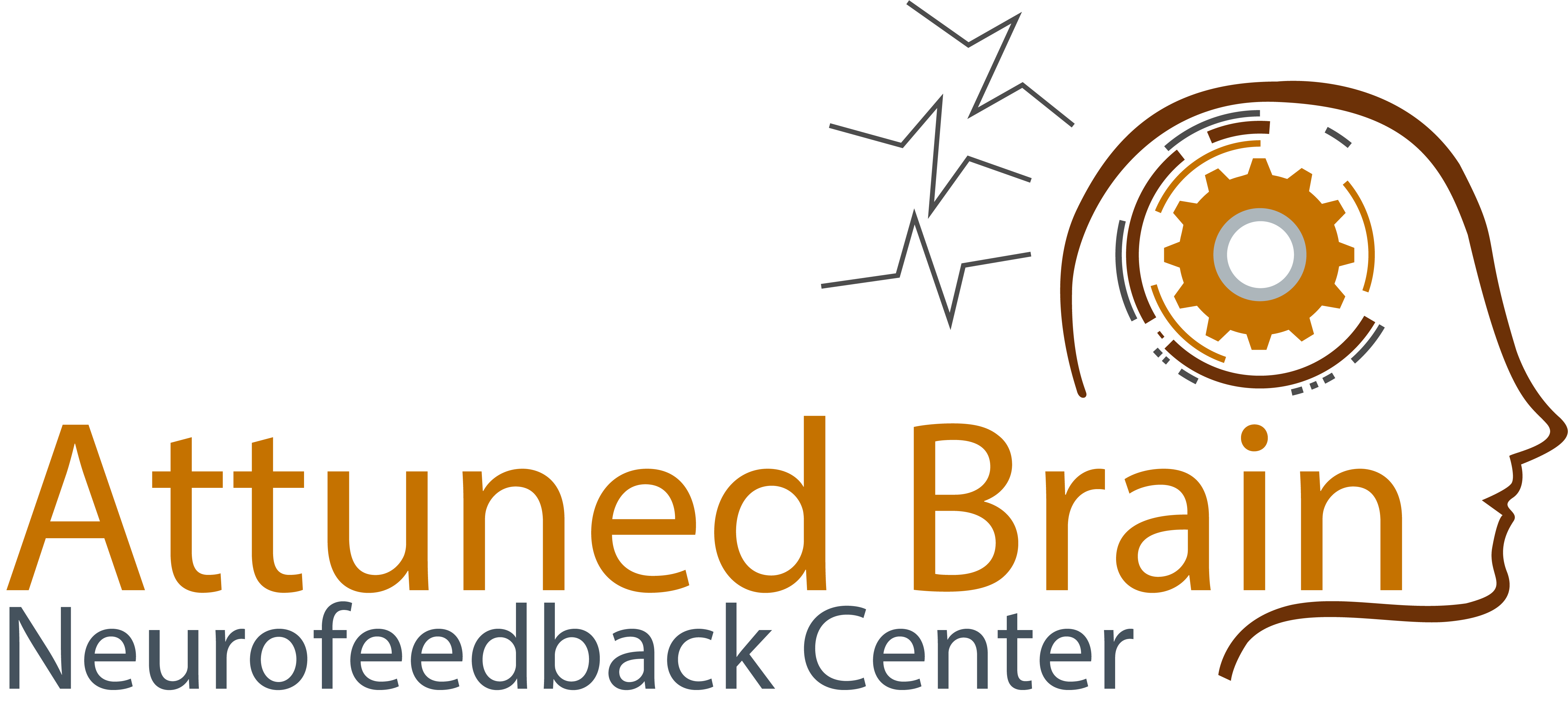Professional and amateur athletes are increasingly turning to neurofeedback training to gain a competitive mental edge. By training their brains to perform under pressure, athletes can enhance concentration, reduce performance anxiety, and improve strategic thinking.
A study published in Psychology of Sport and Exercise found that athletes who used neurofeedback demonstrated improved reaction time, focus, and emotional control. This is especially helpful for high-pressure scenarios like free throws, serves, or sprints.
Neurofeedback works by reinforcing brainwave patterns associated with peak performance. During a session, athletes receive real-time audio or visual cues that reward optimal brain states. With consistent training, their brains learn to achieve and maintain these states on demand.
Famous athletes such as Kerri Walsh Jennings and Chris Kaman have spoken about using neurofeedback to enhance their mental game. The benefits extend beyond performance, contributing to faster recovery, better sleep, and more consistent training sessions.

Ready to take your mental performance to the next level? Contact us to explore neurofeedback training for athletes.



